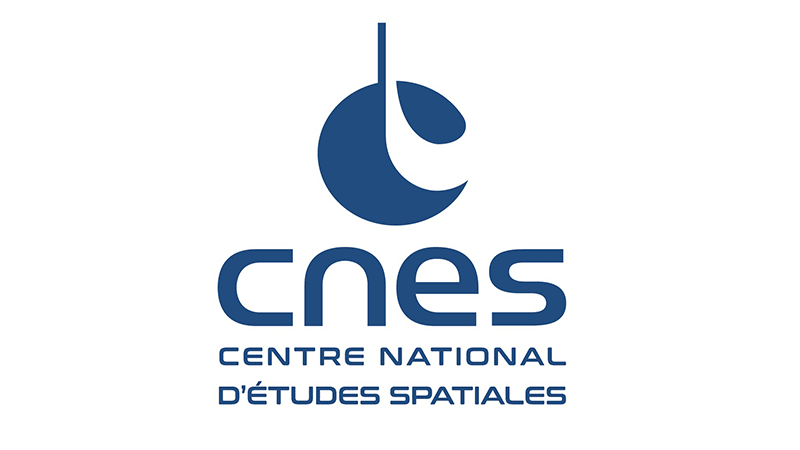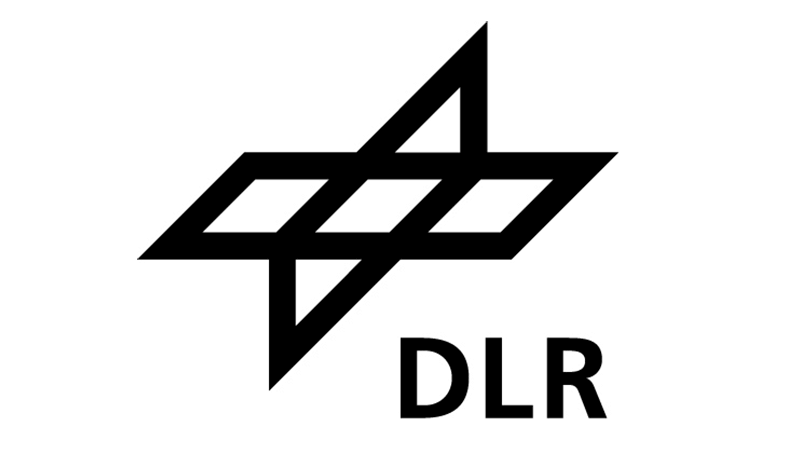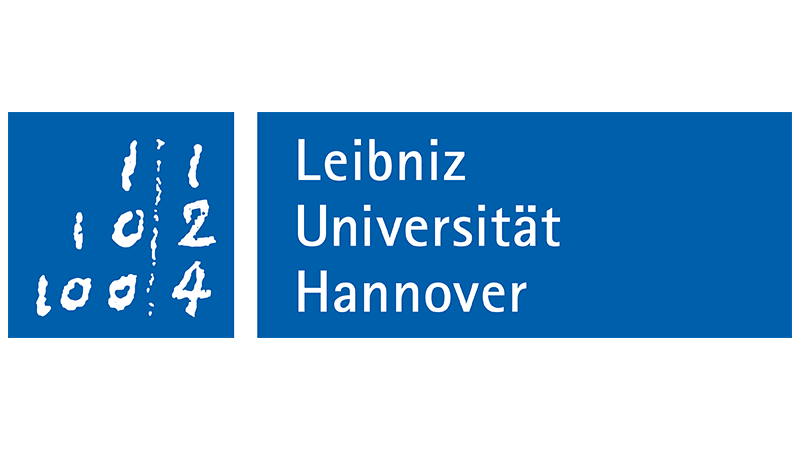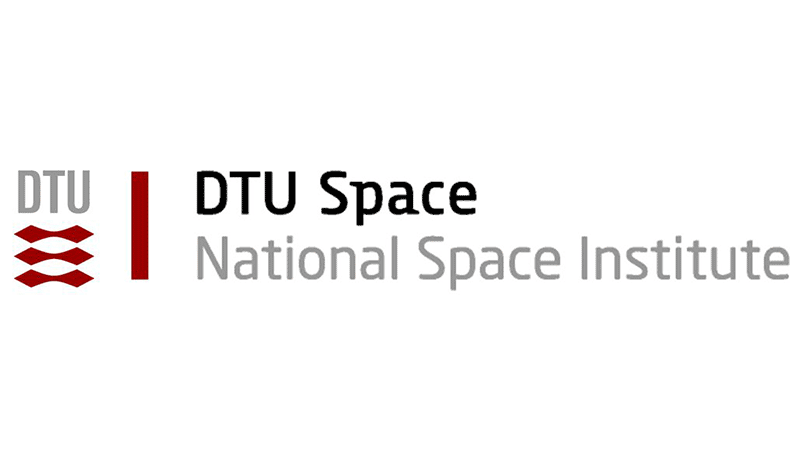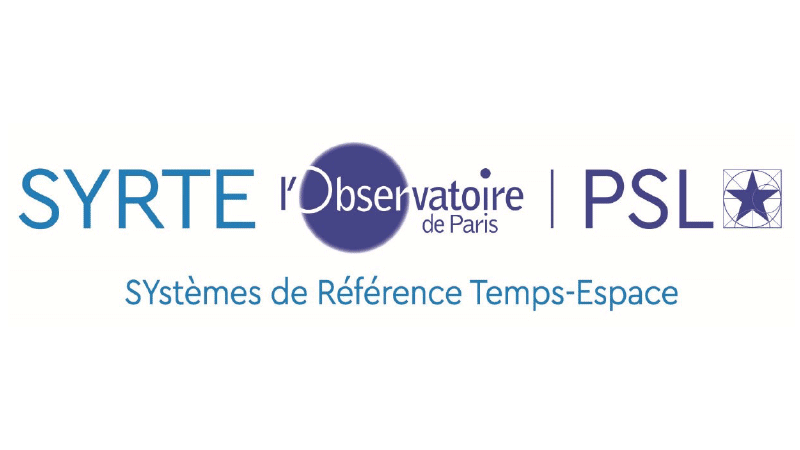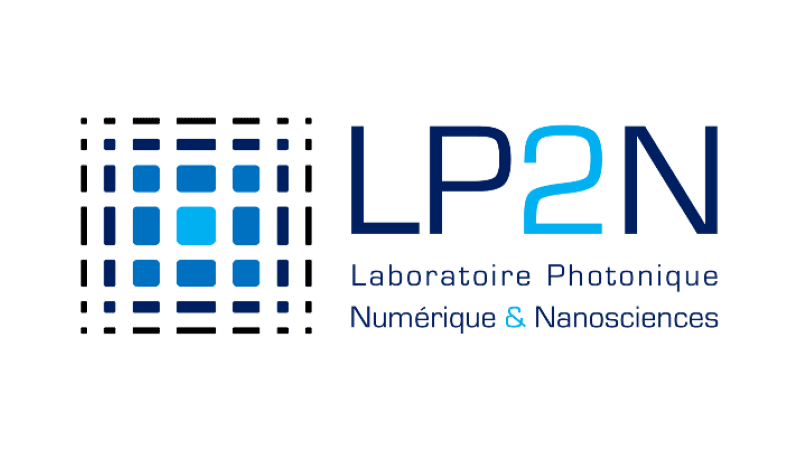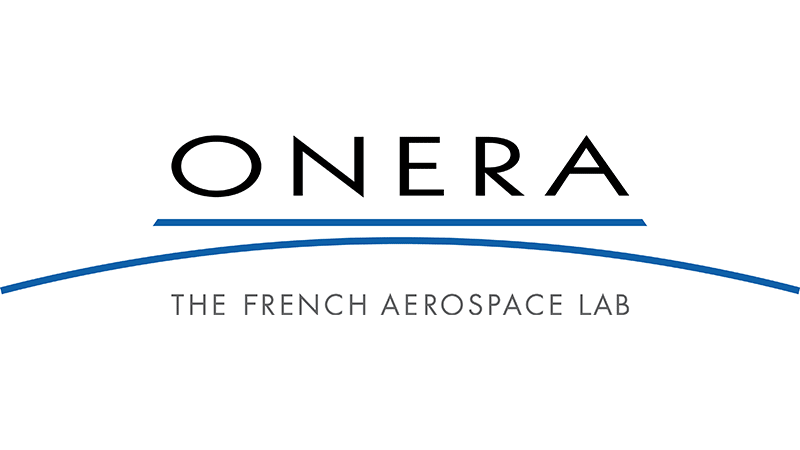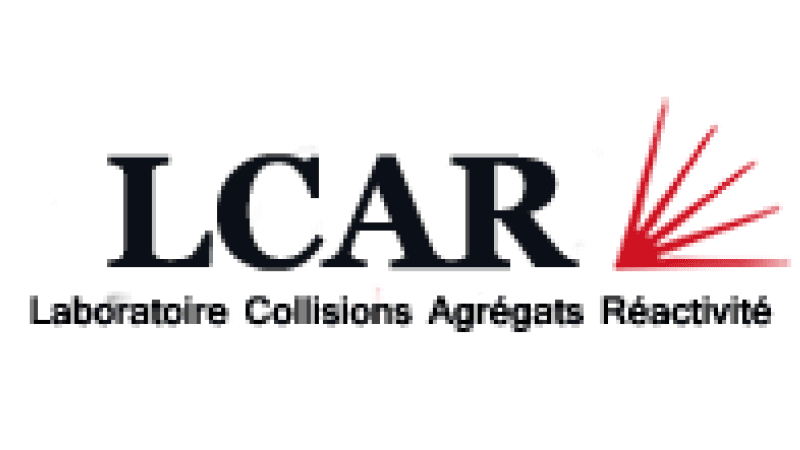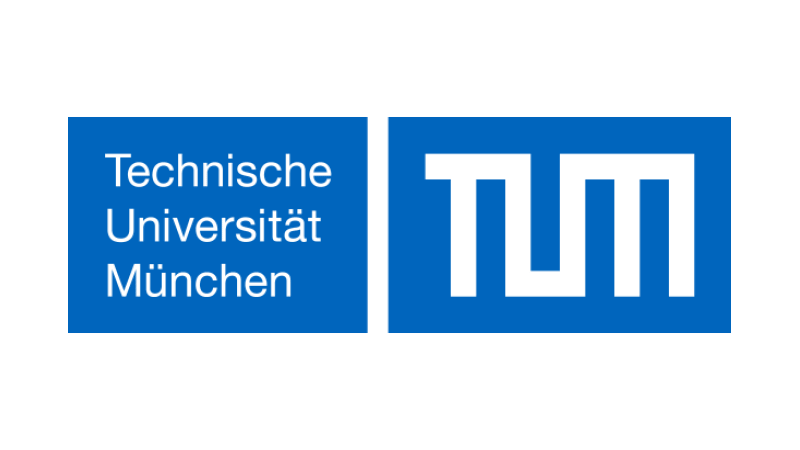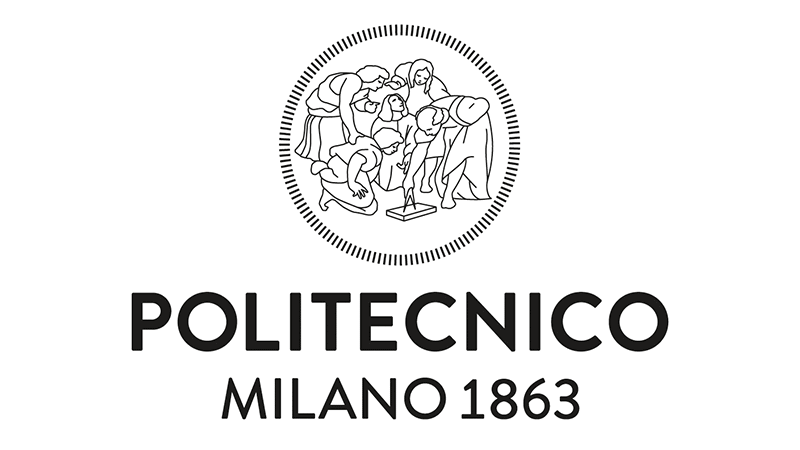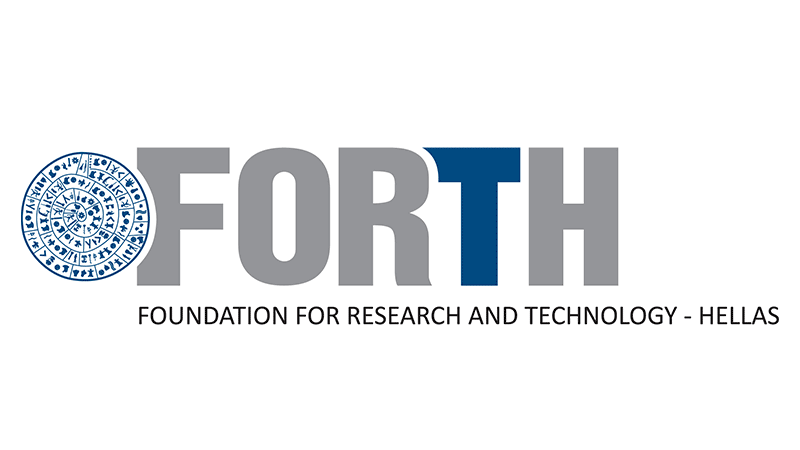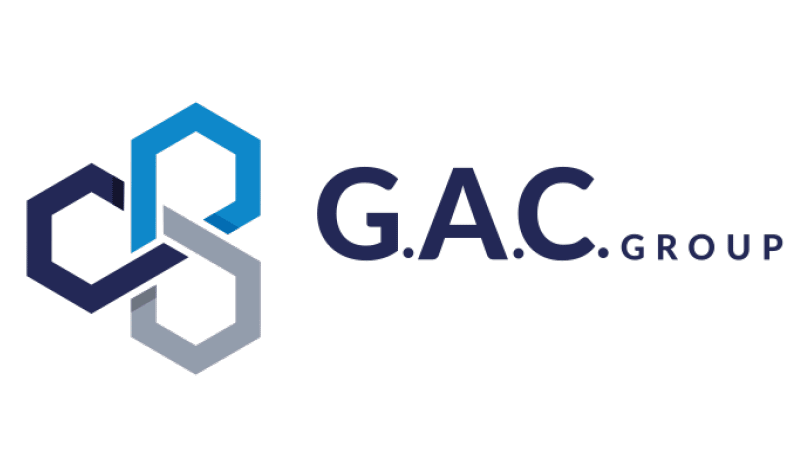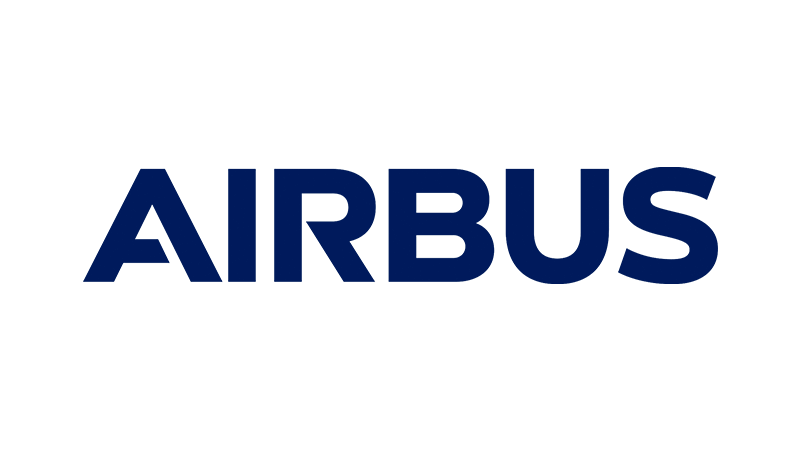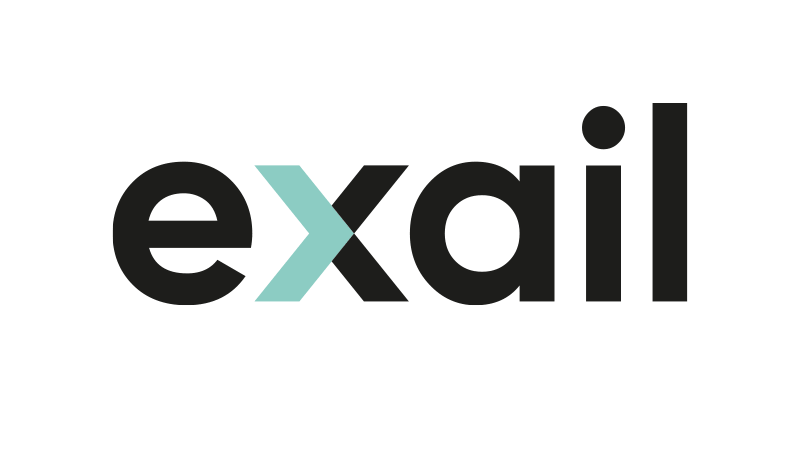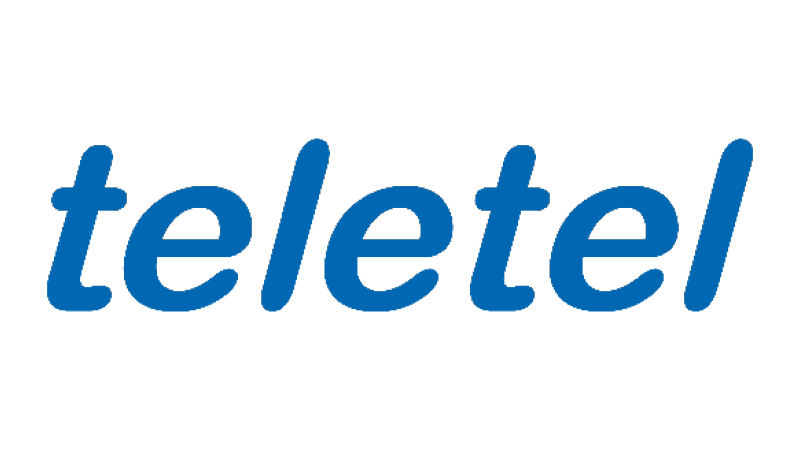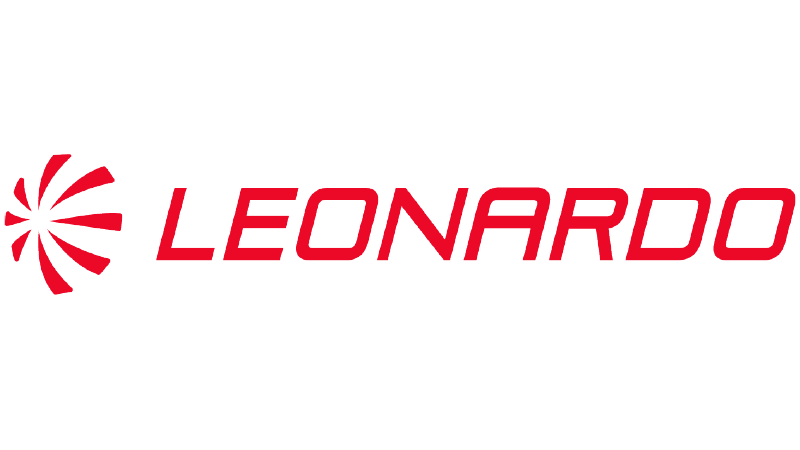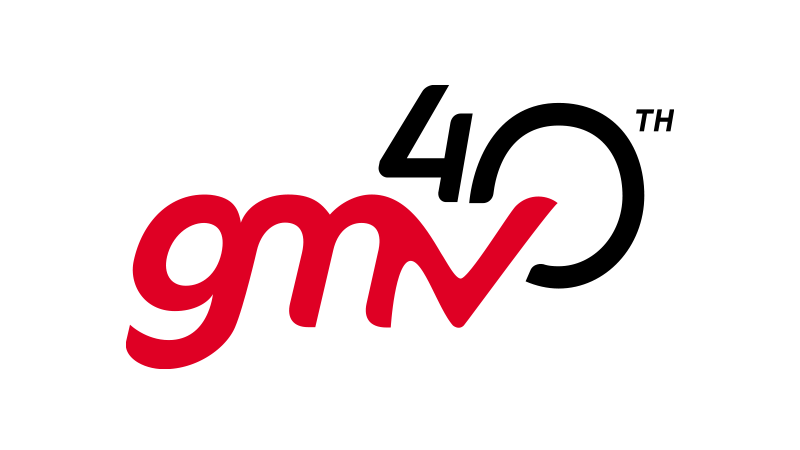Meet the partners

CARIOQA-PMP
CNES, France
Founded in 1961, the Centre National d’Etudes Spatiales (CNES) is the government agency responsible for shaping and implementing France’s space policy in Europe. To execute the nation’s space policy, CNES relies on strong shared values like excellence, enthusiasm and the desire to rise to the challenges that lie ahead. It employs 2,357 men and women working hard to lay plans for the future, make French industry more competitive and sustain scientific and operational excellence. With its four centres in Paris, Toulouse and French Guiana, CNES is helping to extend the influence of French space policy.
Role in the project: Coordination of the project, leader of the Engineering Model Instrument definition and specification, industrial coordination
Website: https://cnes.fr/en/
Contact person: Christine Fallet
DLR, Germany
DLR is the Federal Republic of Germany’s research centre for aeronautics and space. It conducts research and development activities in the fields of aeronautics, space, energy, transport, security and digitalisation. The DLR Space Administration plans and implements the national space programme on behalf of the federal government. Climate, mobility and technology are changing globally. DLR uses the expertise of its 55 research institutes and facilities to develop solutions to these challenges. Our 10.000 employees share a mission – to explore Earth and space and develop technologies for a sustainable future. In doing so, DLR contributes to strengthening Germany’s position as a prime location for research and industry.
Role in the project: Scientific Coordination (Pathfinder Mission Design, Post-Pathfinder scientific applications and roadmap), programmatic coordination
Website: https://www.dlr.de/EN/Home/home_node.html
Contact person: Karin Kiewisch
Leibniz University Hannover, Germany
Gottfried Wilhelm Leibniz University Hannover (German: Gottfried Wilhelm Leibniz Universität), also known as the University of Hannover, is a public research university located in Hanover, Germany. Founded on 2 May 1831 as Higher Vocational School, the university has undergone six periods of renaming, its most recent in 2006.[11]
Leibniz University Hannover is a member of TU9, an association of the nine leading Institutes of Technology in Germany. It is also a member of the Conference of European Schools for Advanced Engineering Education and Research, a non-profit association of leading engineering universities in Europe. The university sponsors the German National Library of Science and Technology, the largest science and technology library in the world.
Role in the project: Quantum Pathfinder Mission analysis and specification, Design of a Quantum Space Gravimetry Mission, Physics package definition and tests
Website: https://www.uni-hannover.de/en/
Contact persons: Alexander Kassner, Jurgen Muller, Naceur Gaaloul
Technical University of Denmark (DTU), Denmark
DTU is one of Denmark’s foremost research universities. As such we educate, make innovative discoveries, generate entrepreneurial ideas for improving people’s lives and protect the environment. The University serves as an engine of economic growth and social prosperity and is particularly well-known for its success in the transfer of technology from the laboratory to the marketplace.
Role in the project: Development of simulation tools for enhanced quantum sensor satellite missions and performance estimation, quantum gravimetry state-of-the-art analysis
Website: https://www.dtu.dk/english
Contact person: Rene Forsberg
SYRTE, Observatoire de Paris, France
Located at Paris Observatory, SYRTE – Systèmes de Référence Temps-Espace – is a joint research unit (UMR 8630) of CNRS, Paris Observatory – PSL University, Sorbonne University and LNE. Combining very high level research and scientific services, SYRTE is today a leading international research centre in various fields: time and frequency metrology, celestial reference systems, Earth rotation, history of astronomy. SYRTE’s multidisciplinarity is also reflected in its cross-disciplinary skills – theory, instrumentation, data processing and analysis – and in the diversity of its objectives which range from fundamental physics to industrial transfer.
Role in the project: Lead for the generation of simulated atom interferometric data, participation to the quantum gravimetry state of the art analysis, lead for the study of applications in fundamental physics
Website: https://syrte.obspm.fr/spip/?lang=en
Contact person: Franck Pereira Dos Santos
Laboratoire Photonique, Numérique et Nanosciences (LP2N), France
is a Joint Research Unit (UMR 5298) between the Institut d’Optique Graduate School, the University of Bordeaux and the CNRS. It was created on 1 January 2011. It is one of the components of the Bordeaux site of the Institut d’Optique within the Institut d’Optique d’Aquitaine where training, research and innovation coexist. Its research focuses on complex systems integrating optics and computer science. The LP2N is a dynamic structure that has received several awards. It is involved in several major national and international projects.
Role in the project: Quantum Pathfinder Mission scenario building, instrument design and tests, coordination of the tests on microgravity testbeds
Website: https://www.lp2n.institutoptique.fr/en
Contact person: Baptiste Battelier
Office National d’Etudes et de Recherches Aérospaciales (ONERA), France
The French aeronautics, space and defense research lab. A multi-disciplinary organization with experimental means unique in Europe, ONERA brings expertise to government programs, both institutional and industrial. It is a public research organization, with eight major facilities in France and about 2,000 employees, including 1,500 scientists, engineers and technicians.
Role in the project: Development of hybrid quantum-electrostatic acceleration sensors
Website: https://www.onera.fr/en
Contact person: Nassim Zahzam
Laboratoire Collisions Agrégats Réactivité (LCAR), France
is a joint research unit (UMR 5589) whose two supervisors are the CNRS (Institute of Physics) and the University of Toulouse III-Paul Sabatier. Its research activities are mainly in the field of fundamental physics and physical chemistry. In December 2022, the LCAR has 10 CNRS researchers and 10 teacher-researchers from the University Toulouse III Paul Sabatier, technical support (8 engineers and technicians) and administrative and IT support (3 people). Each year, the LCAR recruits about 2 to 4 postdocs, and 2 to 4 PhD students. Trainees of all levels, from the professional baccalaureate to the Grandes Ecoles (as well as foreign visitors), are regularly welcomed. The LCAR is recognised at national and international level and has numerous collaborations. It is part of the Matter and Interactions Research Federation (FeRMI), which is made up of six laboratories in Toulouse: LCAR, Theoretical Physics Laboratory (LPT), Quantum Physics and Chemistry Laboratory (LCPQ), Physics and Chemistry of Nano-objects Laboratory (LPCNO), Materials Elaboration and Structural Studies Centre (CEMES), National Laboratory for Intense Magnetic Fields (LNCMI). The LCAR is also a stakeholder and founding member of the Labex Nanox which brings together the same laboratories.
Role in the project: Participation to the Engineering Model Instrument integration, validation, optimisation and performance tests
Website: https://www.lcar.ups-tlse.fr/
Contact person: Alexandre Gauguet
Technical University of Munich (TUM), GERMANY
Technical University of Munich (TUM) is a leading technical university in Germany. It is a state university with more than 50,000 students. In the excellence initiative of the German government it has been selected as one of the German Universities of Excellence for the third time in a row. The Chair of Astronomical and Physical Geodesy (headed by Roland Pail) is part of Department of Aerospace and Geodesy, which is one of 8 departments of the School of Engineering and Design. Main fields of research are: Global and regional gravity field modelling from terrestrial, airborne and satellite data; Design and numerical simulation of future gravity mission concepts and development of advanced processing strategies; Analysis of satellite sensors for gravity field observations; Mass transport processes in system Earth from time variable gravity field; Height systems and their global unification.
Role in the project: : Mission performance analyses by simulations, Quantum space gravimetry mission scenario building for Earth Observation
Website: https://www.tum.de/en/
Contact person: Thomas Grueber
Politecnico Milano, Italy
Politecnico di Milano is a public scientific-technological university which trains engineers, architects and industrial designers. The University has always focused on the quality and innovation of its teaching and research, developing a fruitful relationship with business and productive world by means of experimental research and technological transfer. Research has always been linked to didactics and it is a priority commitment which has allowed Politecnico Milano to achieve high quality results at an international level as to join the university to the business world. Research constitutes a parallel path to that formed by cooperation and alliances with the industrial system.
Role in the project: Development and assessment of software tools for Gravity field recovery, participation to the design of the Quantum Space Gravimetry Mission
Website: https://www.polimi.it/en
Contact person: Federica Migliaccio
FORTH, Greece
The Foundation for Research and Technology – Hellas (FORTH), established in 1983, is one of the largest research centres in Greece with highly qualified personnel and a reputation as a top-level research foundation. FORTH is an organisation with vast experience in implementing framework programme projects, holding the 18th place among all European RTOs, in terms of participation in HORIZON 2020 projects & a total EU contribution of over 48 million Euros (eCORDA 2017, European Commission). PRAXI Network (www.praxinetwork.gr) is a distinct unit of FORTH created from a strategic alliance of the Research and the Industrial world in Greece. It was established in 1991 by FORTH (main stakeholder) and the Hellenic Federation of Enterprises (SEV), with the support of the General Secretariat for Research and Technology (GSRT). Within the CARIOQA-PMP project FORTH participates with two of its units: PRAXI Network and IESL (Institute of Electronc Structure and Laser).
Role in the project: Leader of the impact maximisation activities and the stakeholder engagement
Website: https://www.forth.gr/en/home/
Contact person: Dimitra Tsoutsou
G.A.C. Group, France
is an international innovation consultancy firm specialised in innovation performance support (18M+ sales revenue in 2019). The company integrates sound competences in innovation management, internationalisation, co-creation with end users, networks and platforms, economic studies (including innovation strategies, territorial innovation development, evaluation, and impact assessment), financial performance, & human resource performance. G.A.C. recently integrated the team and projects of inno TSD (now G.A.C.), specialists in supporting inter-regional and international collaboration for innovation and economic development (500+ projects implemented since 1986, including over 40 FP7 and Horizon 2020 projects): cluster and SMEs internationalisation support, university‐industry cooperation, business incubator management, supporting start-ups and other innovative companies, impact maximisation, stakeholder engagement, as well as inter-regional connections and mutual learning activities.
Role in the project: Leader of the communication and dissemination activities, and impact and monotiring projections, support to expert stakeholder engagement, and sustainability
Website: https://group-gac.com/en/
Contact person: Eva Fadil
AIRBUS Defence and Space, France, Germany
As a proven leader in the global aerospace sector, Airbus Defence and Space designs, produces and delivers innovative solutions with the aim to create a better-connected, safer and more prosperous world. These cutting-edge products and services – which span the commercial aircraft, helicopter, defence, security and space segments – benefit from our wide-ranging expertise and continued emphasis on innovation. Both French and German entities are involved in the CARIOQA-PMP project.
Role in the project: Coordination of Pathfinder Engineering Model Instrument Development and AIVT. Development and AIV of the Physics Package Engineering Model
Site web: https://www.airbus.com/en
Contact persons: Guillaume Coudrec, Stephan Seidel
Exail, France
Exail is a leading high-tech industrial group specializing in cutting-edge robotics, maritime, navigation, aerospace and photonics technologies. With a strong entrepreneurial culture, Exail delivers unrivaled performance, reliability and safety to its civil and defense clients operating in severe environments. From the deep sea to outer space, Exail expands their capabilities with a full range of robust in-house manufactured components, products and systems.
Role in the project: Development of the Laser System Engineering Model, support to the Engineering Model technical specifications
Website: https://www.ixblue.com/
Contact person: Bruno Desruelle
Teletel, Greece
TELETEL is a private software and hardware engineering SME based in Greece, founded in 1995, which specialises in the leading-edge areas of Space, Defence and Aeronautics. TELETEL is one of the most successful space companies in Greece, specialising in test equipment, EGSEs and flight software, having as customers most of the European space companies (including the three primes AIRBUS, TAS & OHB), but also several other customers in US, Japan & South Korea. TELETEL has already provided equipment and services in several space missions (ESA and non-ESA) such as Solar Orbiter, EUCLID, JUICE, PLATO, IASI-NG, MICROCARB, FLEX, ALTIUS, CSO, Galileo 2G, Copernicus LSTM/CRISTAL/CIMR, ARIEL, etc.
Role in the project: Design, development, validation and delivery of the Electrical Ground System Equipment (EGSE) simulating the Instrument Control and Power Unit (ICPU) that controls the instrument Engineering Model.
Website: https://www.teletel.eu/
Contact person: Vangelis Kollias
Leonardo, Italy
Leonardo develops multi-domain capabilities in the Aerospace, Defence and Security sector. The company plays a prominent role in major international strategic programmes and is a trusted technological partner of governments, defence agencies, institutions and enterprises. Innovation, continuous research, digital manufacturing and sustainability are the cornerstones of Leonardo’s business worldwide.
Role in the project: Microwave Source Engineering Model Development
Website: https://www.leonardo.com/en/home
Contact person: Maurizio Massari

CARIOQA-PHA
CNES, France
Founded in 1961, the Centre National d’ Etudes Spatiales (CNES) is the government agency responsible for shaping and implementing France’s space policy in Europe. To execute the nation’s space policy, CNES relies on strong shared values like excellence, enthusiasm and the desire to rise to the challenges that lie ahead. It employs 2,357 men and women working hard to lay plans for the future, make French industry more competitive and sustain scientific and operational excellence. With its four centers in Paris, Toulouse and French Guiana, CNES is helping to extend the influence of French space policy.
Role in the project: Coordination of the project, Coordination of the System architecture activities, Coordination of the Preliminary Requirement Review
Website: https://cnes.fr/en/
Contact person: Christine Fallet
DLR, Germany
DLR is the Federal Republic of Germany’s research centre for aeronautics and space. It conducts research and development activities in the fields of aeronautics, space, energy, transport, security and digitalisation. The German Space Agency at DLR plans and implements the national space programme on behalf of the federal government. Climate, mobility and technology are changing globally. DLR uses the expertise of its 55 research institutes and facilities to develop solutions to these challenges. DLR’s 10.000 employees share a mission – to explore Earth and space and develop technologies for a sustainable future. In doing so, DLR contributes to strengthening Germany’s position as a prime location for research and industry.
Role in the project: Coordination of the Mission requirement definition activities, programmatic coordination and management
Website: https://www.dlr.de/EN/Home/home_node.html
Contact person: Manuel Schilling, Hannah Zohren
AIRBUS Defence and Space, France, Germany
As a proven leader in the global aerospace sector, Airbus Defence and Space designs, produces and delivers innovative solutions with the aim to create a better-connected, safer and more prosperous world. These cutting-edge products and services – which span the commercial aircraft, helicopter, defence, security and space segments – benefit from our wide-ranging expertise and continued emphasis on innovation. Both French and German entities are involved in the CARIOQA-PHA project.
Role in the project: Coordination of the engineering activities for the quantum gravimeter/accelerometer and is responsible for the engineering of the satellite.
Site web: https://www.airbus.com/en
Contact persons: François Chassat, Peter Hill, Stephan Seidel
FORTH, Greece
The Foundation for Research and Technology – Hellas (FORTH), established in 1983, is one of the largest research centres in Greece with highly qualified personnel and a reputation as a top-level research foundation. FORTH is an organisation with vast experience in implementing framework programme projects, holding the 18th place among all European RTOs, in terms of participation in HORIZON 2020 projects & a total EU contribution of over 48 million Euros (eCORDA 2017, European Commission). PRAXI Network (www.praxinetwork.gr) is a distinct unit of FORTH created from a strategic alliance of the Research and the Industrial world in Greece. It was established in 1991 by FORTH (main stakeholder) and the Hellenic Federation of Enterprises (SEV), with the support of the General Secretariat for Research and Technology (GSRT).
Role in the project: Leader of the impact maximization activities and the stakeholder engagement
Website: https://www.forth.gr/en/home/
Contact persons: Dimitra Tsoutsou, Evangelia Athanailidou
GMV
GMV is a privately owned technology business group founded in 1984 and trading on a worldwide scale in the following sectors: Space, Aeronautics, Defense and Security, Cybersecurity, Intelligent Transportation Systems, Automotive, Healthcare, Telecommunications and IT for government authorities and major corporations. With more than 3,000 employees, it currently has subsidiaries in Spain, the USA, Germany, France, Poland, Portugal, Romania, the UK, the Netherlands, Belgium, Malaysia, and Colombia, with 75% of its revenue derived from international projects on five continents. The company’s growth strategy is based on continuous innovation, and it plows back 10% of its turnover into inhouse R&D. GMV has reached CMMI level 5, the world’s most prestigious model in terms of enhancing an organization’s process capability, and it has numerous international patents.
In the space sector, GMV provides engineering, software & hardware development, and systems integration in the areas of mission analysis, GNC, avionics, satellite and mission control, flight dynamics, data processing, mission planning, fleet management, navigation, onboard software, robotics, and applications. GMV is a trusted partner of leading Satellite Operators, Satellite Manufacturers, and Space Agencies worldwide; and the world’s number-one independent supplier of ground control systems for commercial telecommunications satellite operators and the European leader in the ground segment of Global Navigation Satellite Systems (EGNOS and Galileo). In particular, GMV has been involved in several gravitational missions, providing accurate and precise mission analysis for GOCE, as well as providing formation flying analysis for the concept NGM, and more recently in the frame of NGGM.
Role in the project: Coordination of the Mission Analysis activities
Website: https://www.gmv.com/en
Contact person: Jorge García-Rivas Carmona (jrivas@gmv.com)


